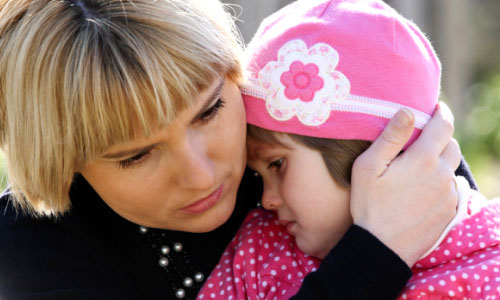5 Ways to Help Kids Control Grief After Death of Pet

Pets bring so much joy into our lives. Be it a cat, a dog, hamster or even a chameleon, any animal can become a pet and share their lives with us. Pets bring us joy, happiness, sadness, tears and many more emotions and they become such an integral part of our lives that we treat them as a member of your family. A child can get very attached to a pet if the child is a single kid in the house and does not have any siblings. The pet in this case plays the role of a friend and a sibling. The kid and the pet become inseparable and it is difficult to pry them apart sometimes. When your kid is extremely devoted to his or her pet, it can be very painful for them when the pet dies. We all expect our pets to live forever knowing very well it is not impossible and we not only have to deal with our grief but also try and make our kids feel better after the death of a pet. Here are some ways to help kids control grief after the death of their pets.
1. Give them some time
Instead of constantly hovering over them and checking on how they are feeling, you should let them on their own to grieve. Kids have different ways of coping with grief and sometimes it works well to leave them alone and deal with it. Most important thing is that you give them time and let them take how much ever time they need to get out of it.
2. Use this as a way to teach them about mortality and death
You can use this as a chance to explain to them about mortality and death. When you explain to them how it works and that pets are not forever, they will understand a bit more about their loss and try and get out of it sooner.
3. Teach them to think about the good times they had with their pets
Instead of bemoaning the loss of a pet, kids should be taught how to treasure the time they had spent with their pets. They should also be made to understand that the lifespan of a pet is lesser than humans and that it is a fact of life. It is easier to deal with older kids than with younger ones who are confused about these things. You need to take it slow and act age appropriate with your kids.





